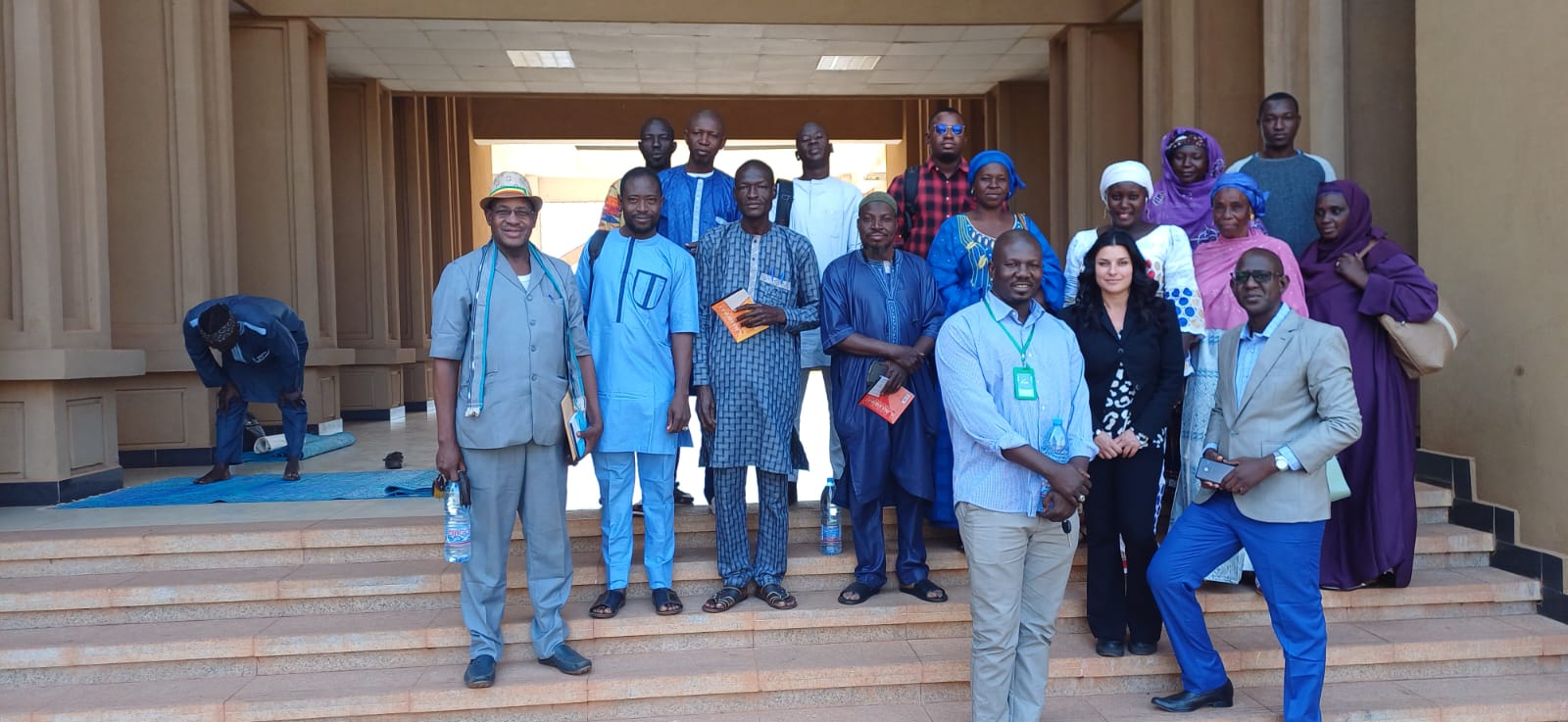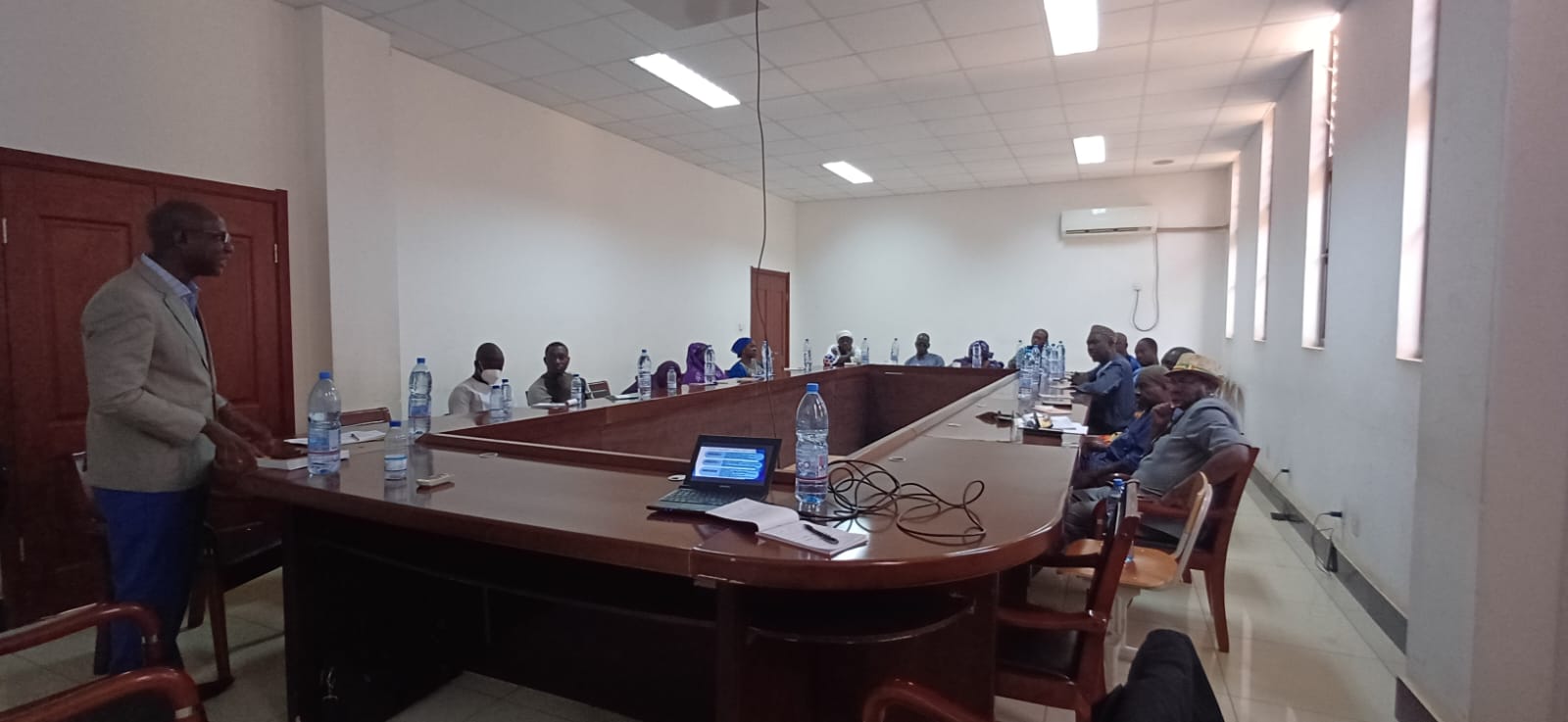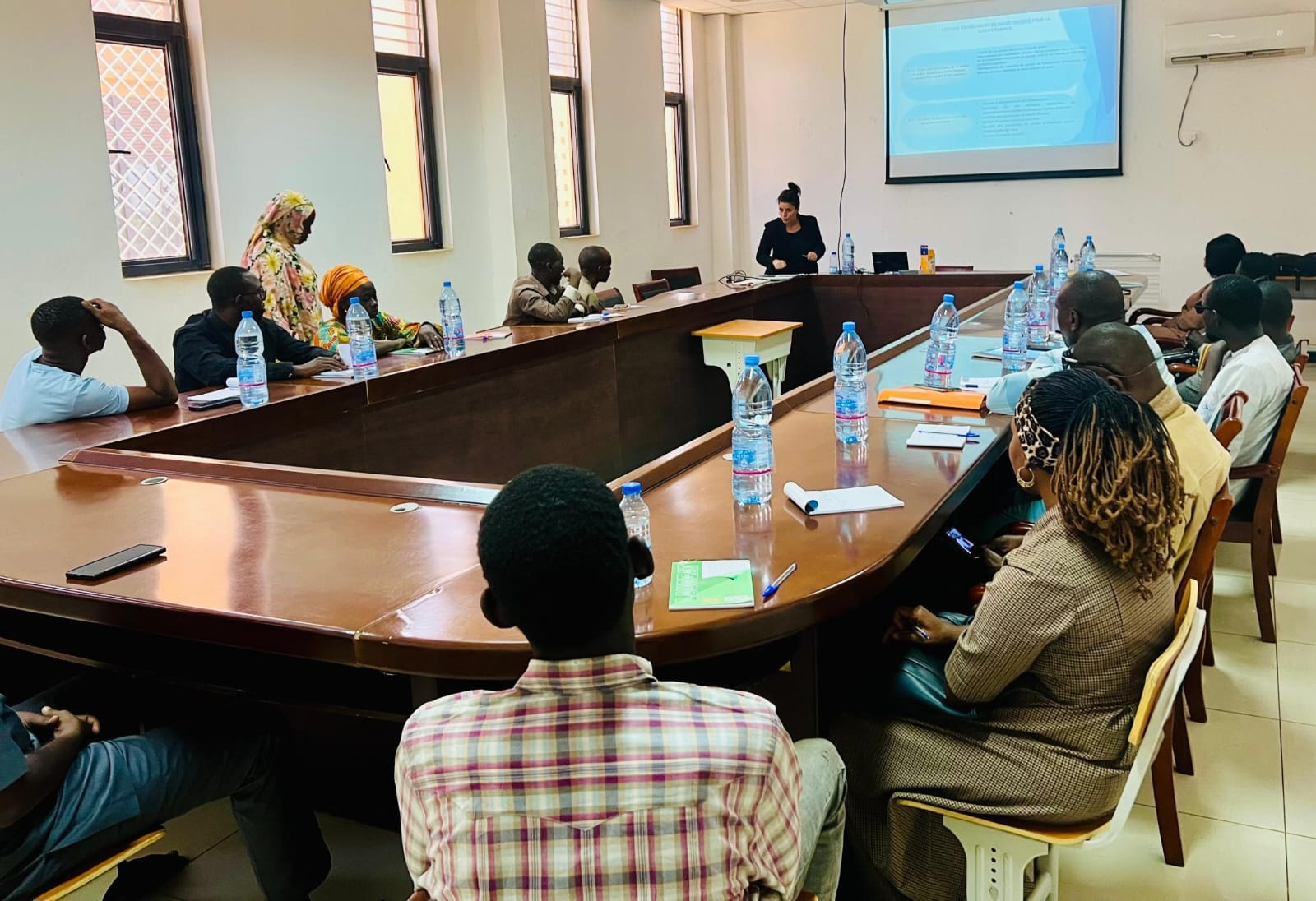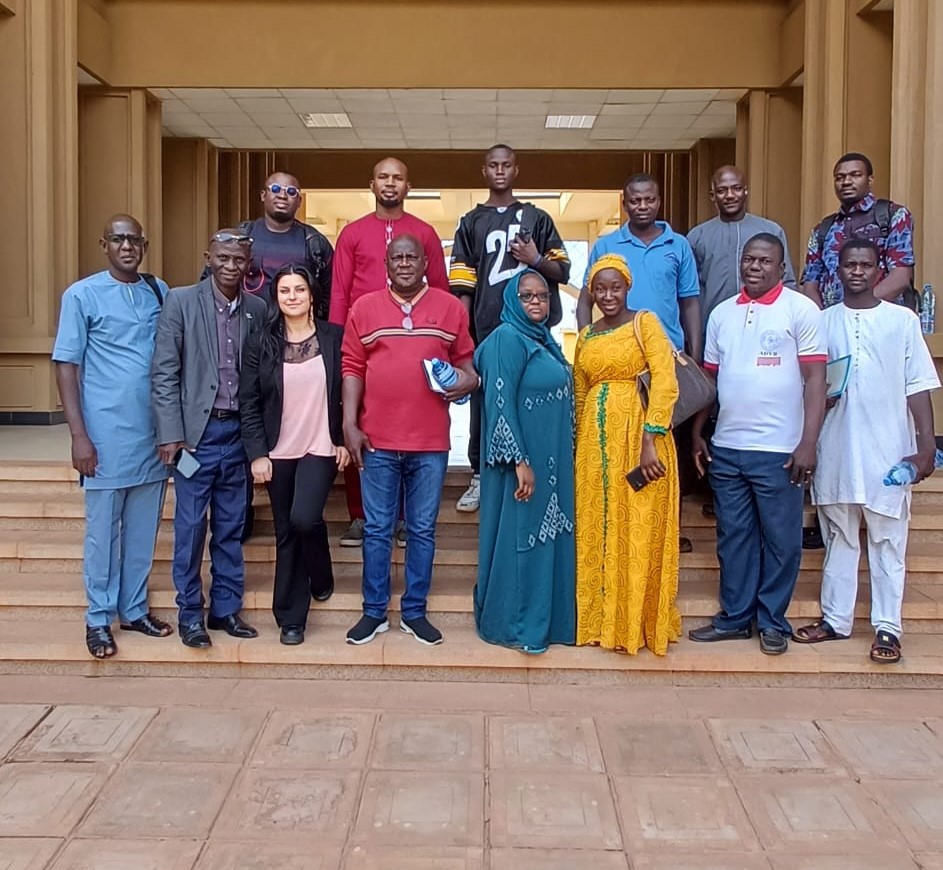In the framework of the ALIS Project - Access to employment opportunities and social inclusion for young people in the Commune VI of the Bamako district (Mali), the second ILS LEDA field mission was carried out by our Local Economic Development Project Officer, Giulia Rucireta, from 25th to 27th November 2024.
The project, financed by the Italian Agency for Development Cooperation, is managed by the NGO WW-GVC, leader of the consortium made up of ILS LEDA, L.V.I.A, CISV, Hydroaid, APEJ and COGEVAD C VI.
The project, through ILS LEDA's RESources for Sustainable Competitiveness (RESCO) methodology, intends to encourage the development of the production ecosystem by boosting virtuous value chains, supporting the creation of job opportunities and promoting the development of a sustainable economy. With this aim, an analysis of three value chains was carried out: Poultry, Plastics Recycling, and Handicrafts Textiles and Development Strategies were elaborated.
The objective of the mission was to validate the document containing the strategic recommendations for the 3 target value chains; and, in details, to:
- Present the results of the working groups on the value chains identified.
- Share recommendations on value chain development strategies.
- Encourage local stakeholders to engage in constructive dialogue to support the socio-economic development of Commune VI.
The mission took place at the Vocational Training Centre of SENOU - Commune VI, Bamako according to the following schedule:
25-11-24 - Presentation of the ‘Strategic recommendations for the poultry sector in the Commune VI, Bamako’.
26-11-24 - Presentation of the ‘Strategic recommendations for the plastic recycling sector in the Commune VI, Bamako’ and an institutional meeting with project partners to monitor activities
27-11-24 – Presentation of the ‘Strategic recommendations for the craft textile sector in the Commune VI, Bamako’ and a meeting with project partners to monitor and evaluate the mission.
During the workshop, a participatory methodology was used to maximise the involvement of the participants. The meetings were attended by relevant actors, such as representatives of the producer associations of the value chains, governors, local authorities, service providers, NGOs and other relevant public and private stakeholders.
Discussions on the proposal presented were conducted in a highly satisfactory manner and benefited from the interest and expertise of the members of the discussion groups.
More specifically, the exchanges focused on:
- The collective development of strategic recommendations for each sector.
- The presentation of the first versions of these recommendations.
- Collecting participants' contributions and feedback.
- Final validation of the strategic recommendations.
The results of the meetings were, as follows:
- The three proposed strategic guidelines for developing the full potential of the value chains were presented to the respective working groups.
- The participants validated the content of each of the document, covering all elements of the recommendations presented, in particular: competitive advantages and their target markets, analysis of the value chain and its sustainability, and obstacles to its full development.
- The participants began discussions on implementing the strategies defined.
- Confirming the project's proposed priorities for action, the three discussion groups finally approved the strategic guidelines for developing the full potential of value chains.




